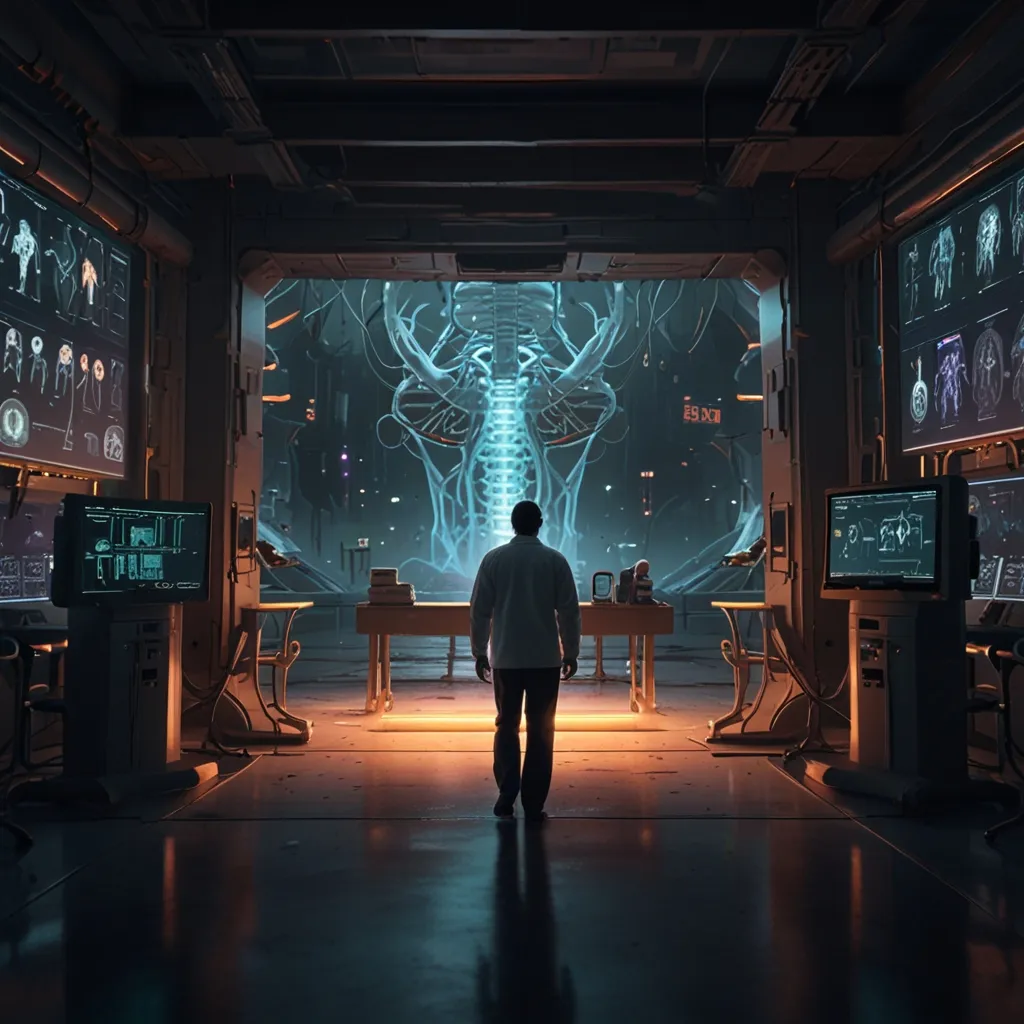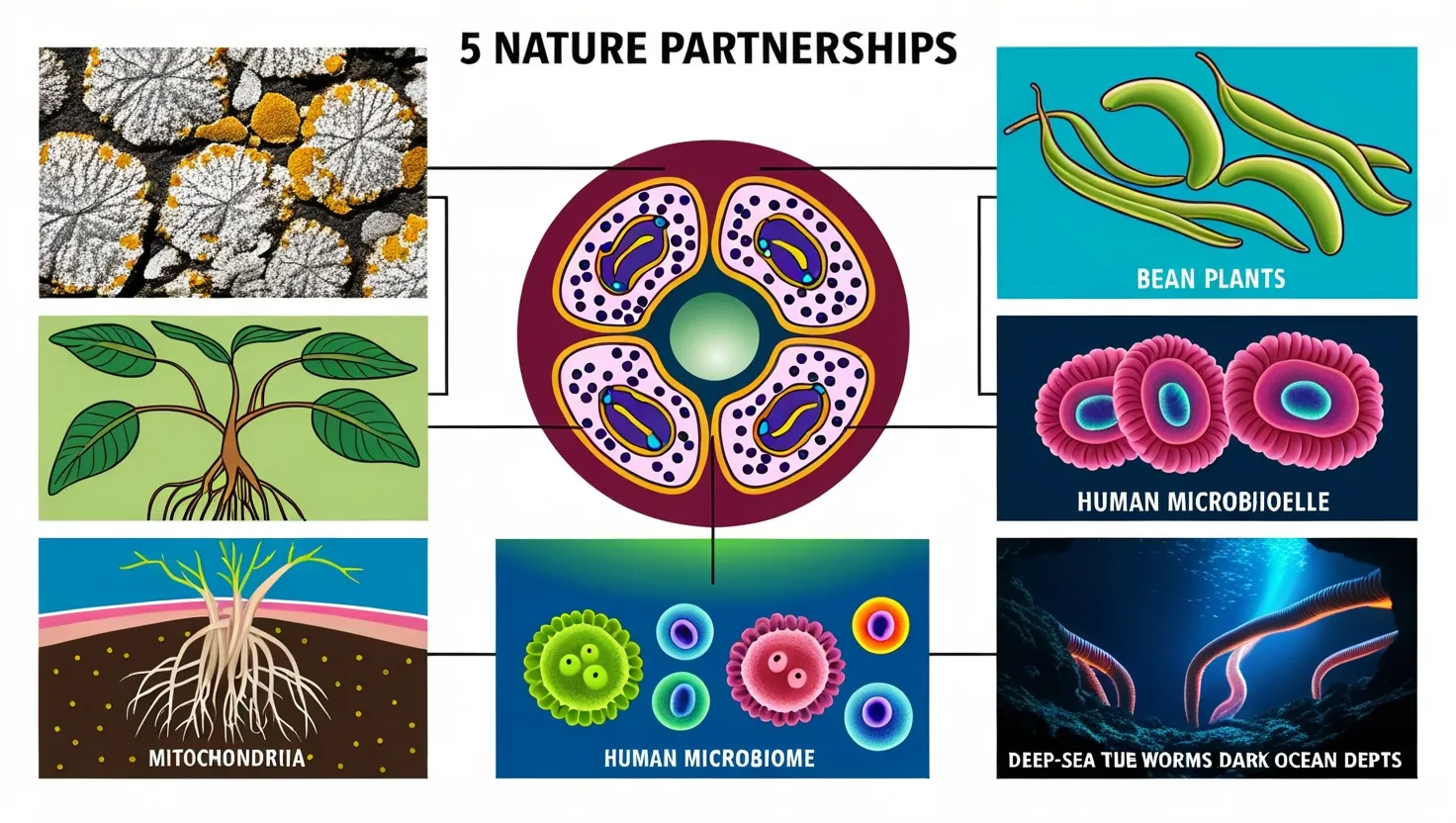The leading causes of death in the United States are heart disease, cancer, and lung disease, claiming nearly two and a half million lives annually. Imagine a future where we could conquer these illnesses and even the process of aging, making us biologically immortal. While it sounds like science fiction, some experts suggest this could be within reach in the next 40 years due to rapid advancements in medical science.
So, if we were biologically immortal, what would eventually end our lives? Without diseases like heart disease, cancer, or diabetes, our demise would likely come from accidents, homicide, suicide, or war. Considering these possibilities makes for some intriguing calculations on lifespan.
Statistics from the U.S., a mostly safe and advanced country, paint a fascinating picture. You’d live for almost 40 million years if vulnerable only to floods or 12 million years before a lightning strike claimed your life. A dog bite would take 9 million years, and an airplane crash would end your life at 770 thousand years. Drowning in a pool would see you living to 450 thousand years, and a fall from stairs would shorten it to 140 thousand years. Death by fire would occur at 120 thousand years, and gun violence at 30 thousand years. War could claim your life at 20 thousand years, while murder reduces it further to 13 thousand years.
More significant risks include car accidents, which could end your life in 9 thousand years, accidental poisoning in 7500 years, and the most concerning, suicide, at only 7000 years. Interestingly, if you bought a lottery ticket daily, it would take 800 thousand years to win the Powerball, roughly equating the odds of dying in a plane crash.
Combining all these probabilities, you would most likely die within 1750 years due to a combination of these factors. Car accidents, poisoning, or suicide are the most probable causes. However, this raises the question of whether true immortality is feasible, beyond biological means.
Enter the concept of digital immortality. This futuristic notion involves uploading your consciousness to a quantum computer. Although such technology doesn’t exist yet, advancements in computer science bring it close to reality within the same 40-year window. However, whether your consciousness would transfer in such a digital download remains uncertain. If only your knowledge and memories transfer, you might be considered dead in essence.
Digital immortality could protect you from physical harm, much like in a cyber war scenario. However, threats from hackers could jeopardize your digital existence. Regardless of these potential pitfalls, it’s almost certain that technology will soon enable us to extend life more than ever before.






